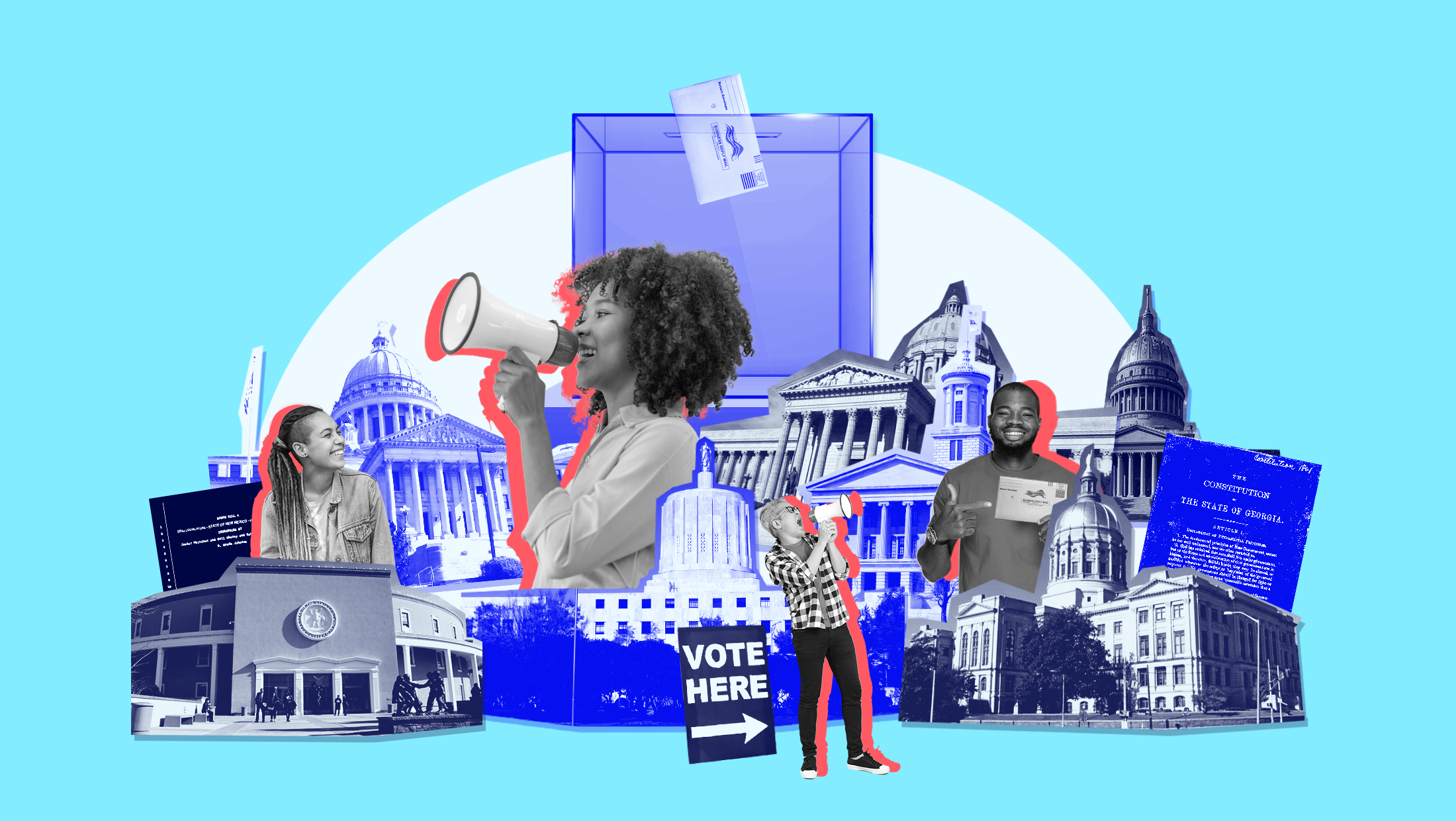Florida’s S.B. 7050 Unpacked
Gov. Ron DeSantis (R) signed another omnibus elections bill: Senate Bill 7050. While S.B. 7050 contains many technical changes to Florida’s Election Code, many provisions could directly harm voters.
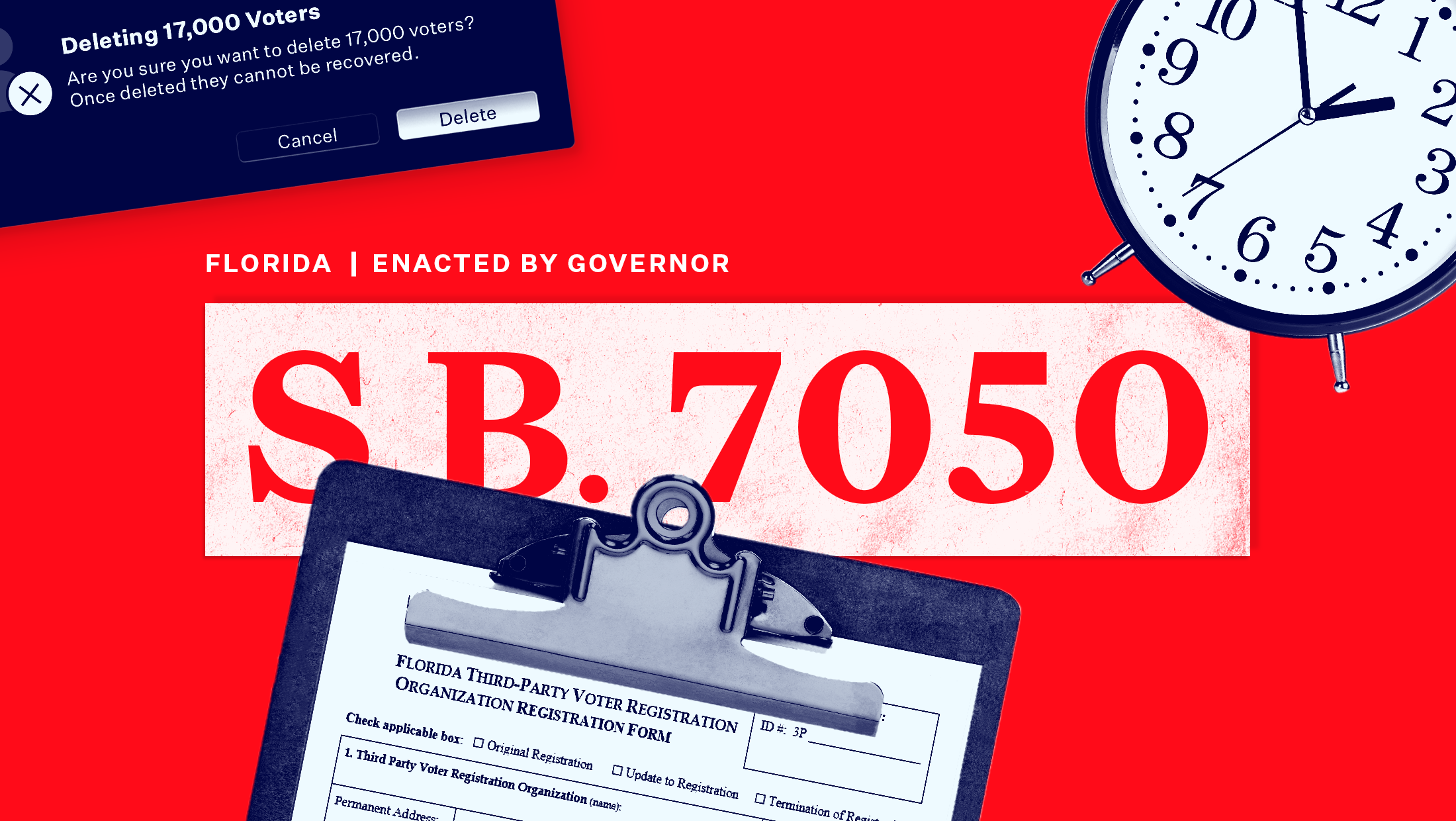
Read more to find out everything you need to know about democracy and voting rights from Democracy Docket’s desk. Use the drop-down menu to organize by topic.
Gov. Ron DeSantis (R) signed another omnibus elections bill: Senate Bill 7050. While S.B. 7050 contains many technical changes to Florida’s Election Code, many provisions could directly harm voters.

Even as some Republican leaders seem to be walking back their opposition to drop boxes, the war on drop boxes is here to stay.
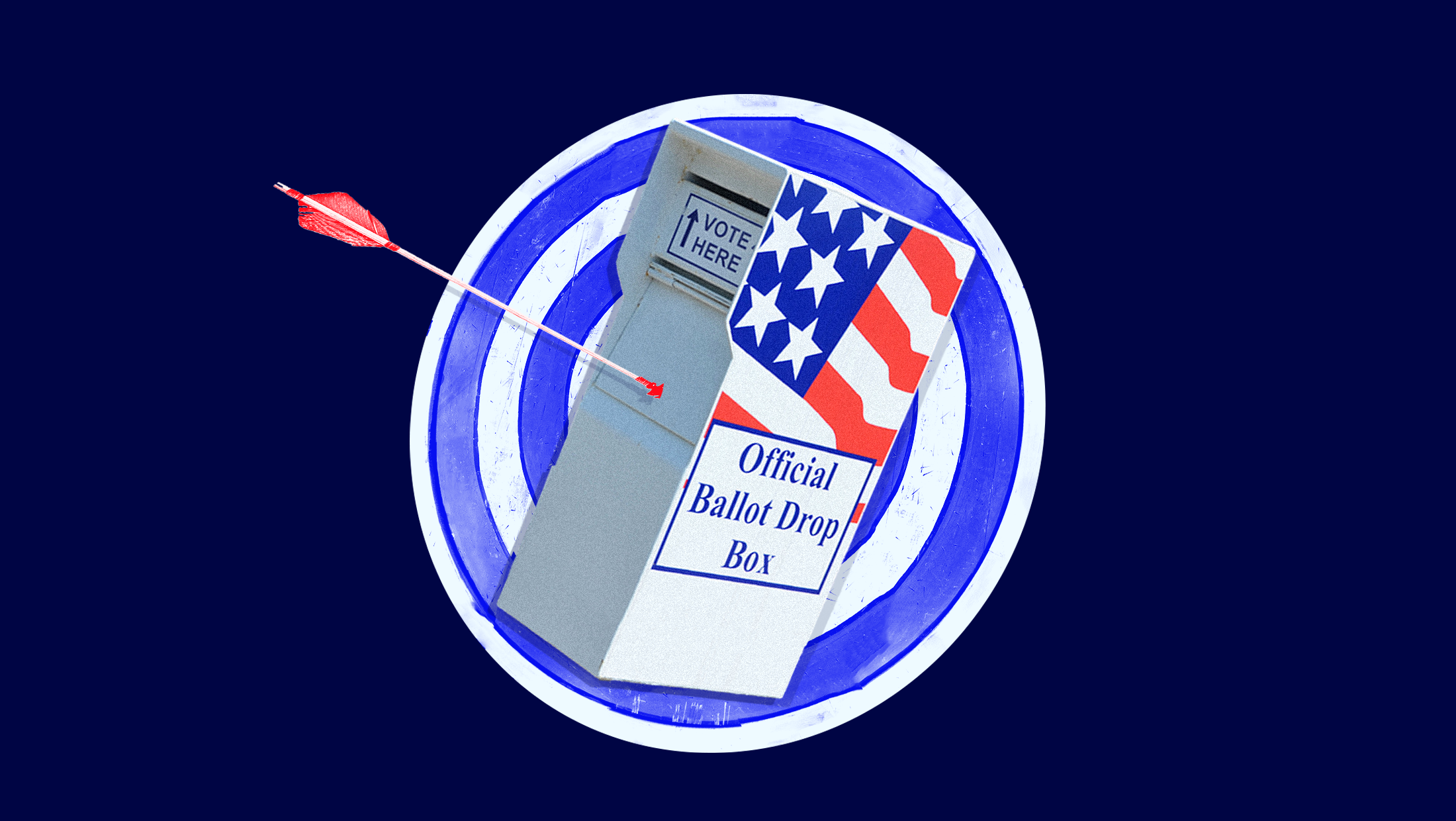
The newest member of Congress, U.S. Rep. Jennifer McClellan (D-Va.), speaks with Democracy Docket about her path to public service, legislative accomplishments in the Virginia Legislature and voting rights goals in Congress.

The expulsions of two Black lawmakers in Tennessee did not take place in a vacuum, but are indicative of the GOP’s disdain for democracy, from felony disenfranchisement to partisan gerrymandering.
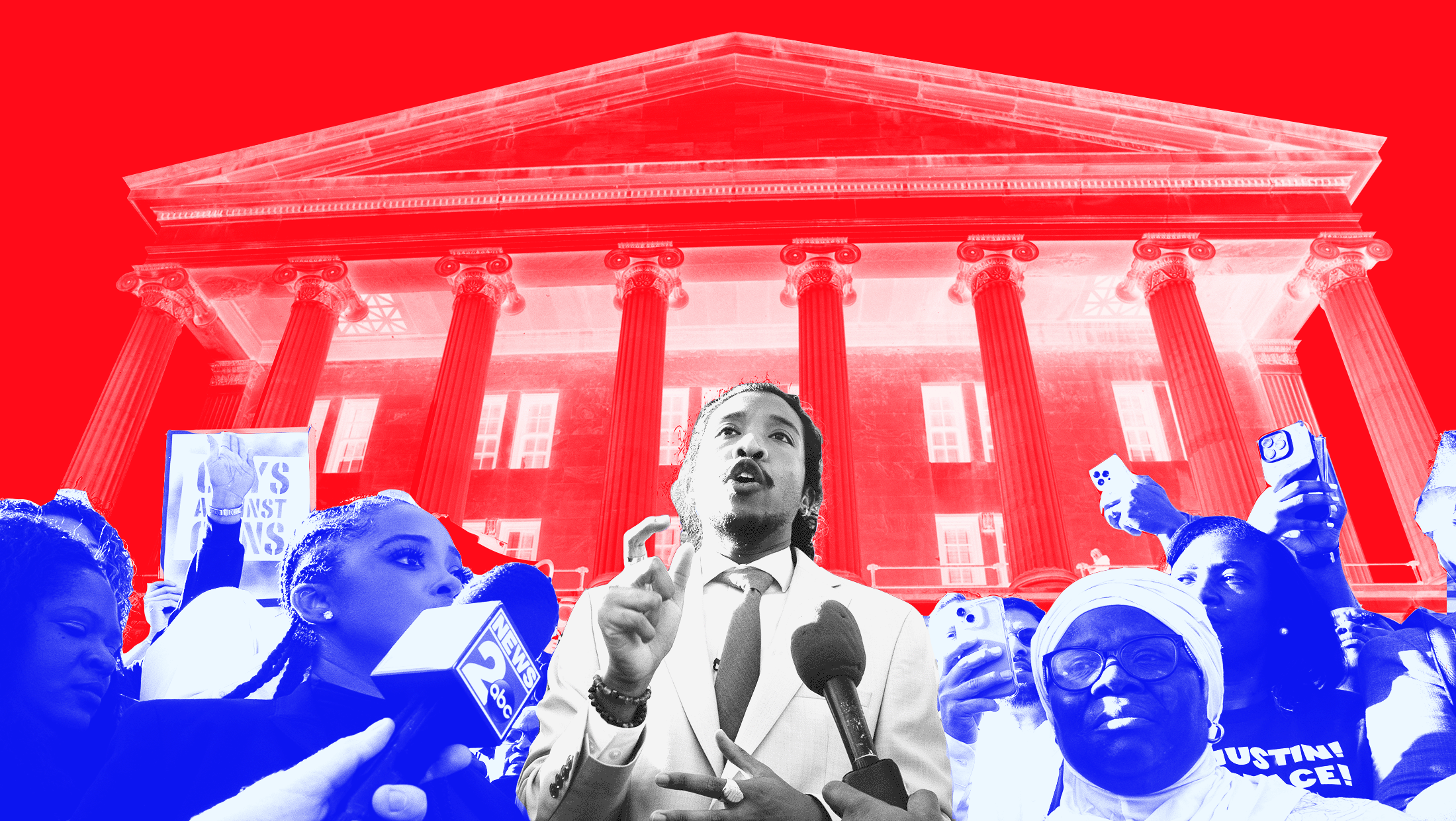
Nearly two years since its enactment, S.B. 202 continues to restrict voting and impede election administration in the Peach State.
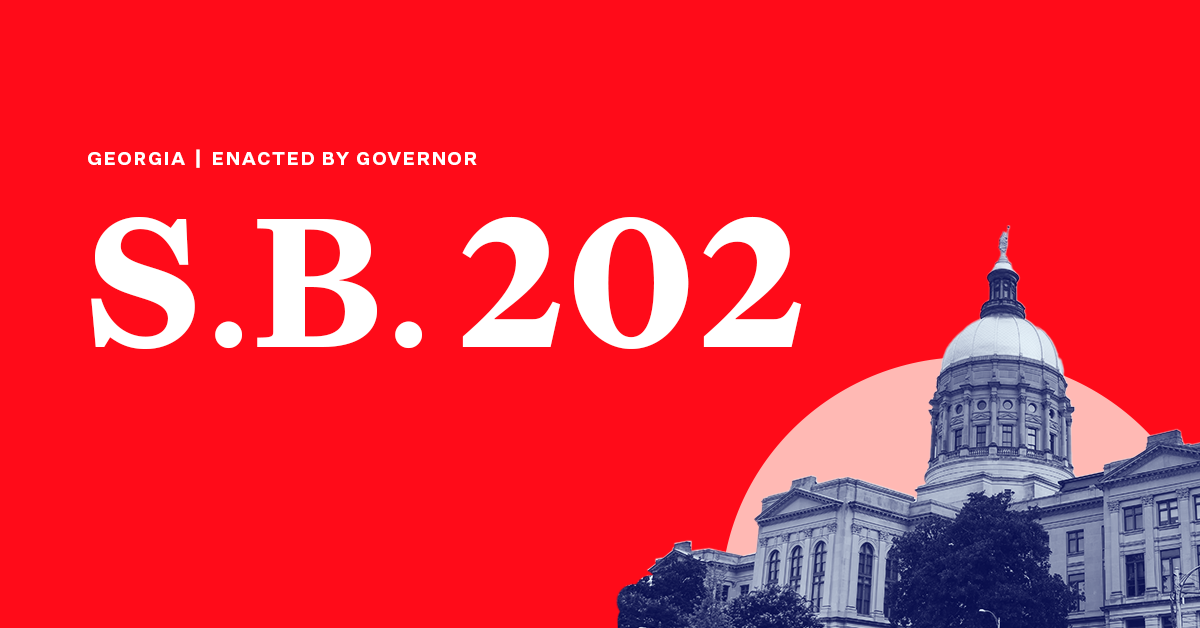
The New Mexico Voting Rights Act is awaiting the imminent signature of Gov. Michelle Lujan Grisham (D). Today, we break down the act, highlight advocates behind the success and explore the impact of the bill’s provisions.

In Arizona, ballot collection represents the perfect storm of colliding issues: the Republican Party’s sharp reversal on mail-in voting, propaganda movies about drop boxes and discrimination against the state’s Latino population.
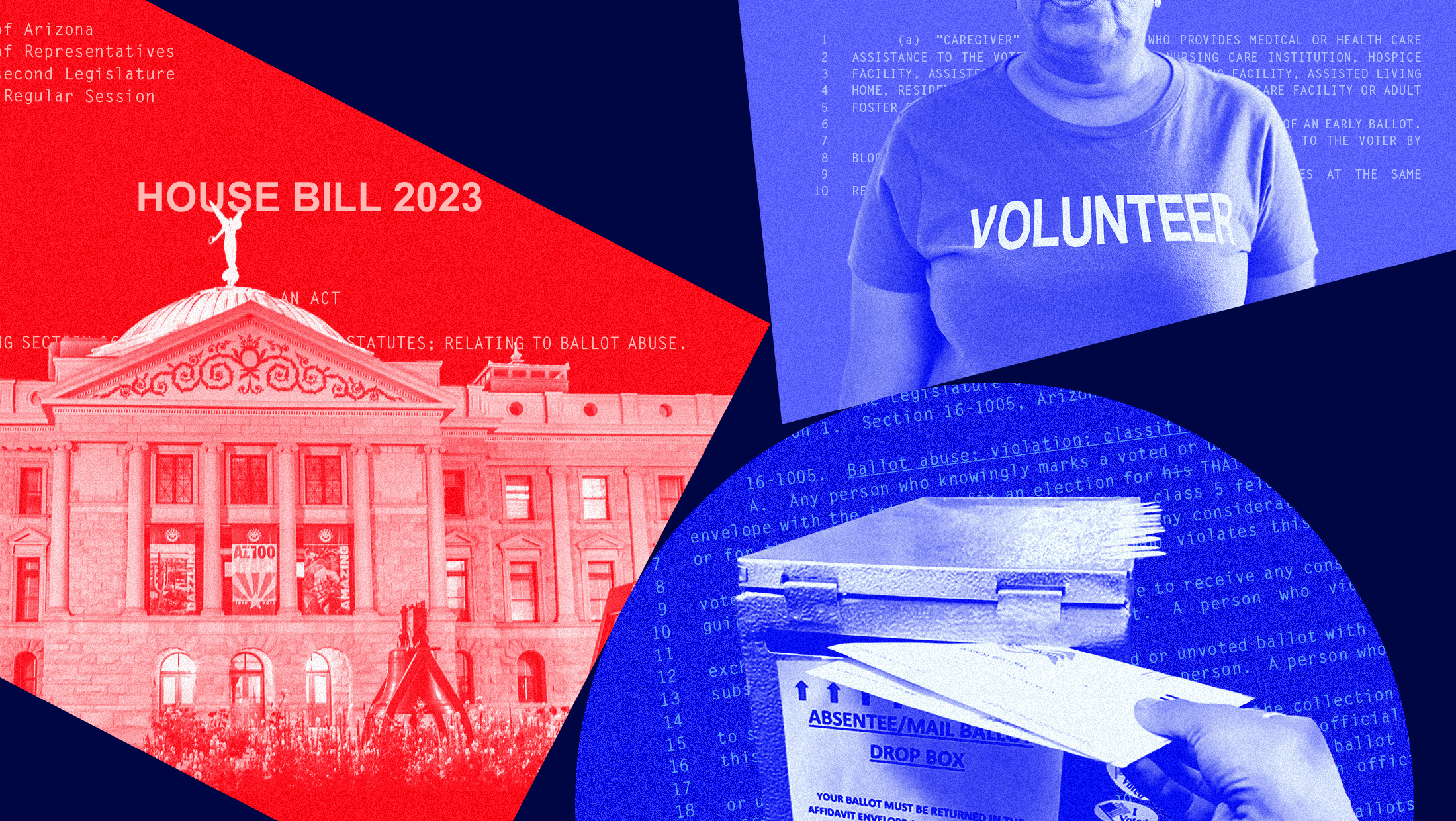
With the U.S. Supreme Court weakening the federal Voting Rights Act, states are increasingly looking to enact their own state-level protections. Five states have VRAs and at least four more are looking to advance one this session.
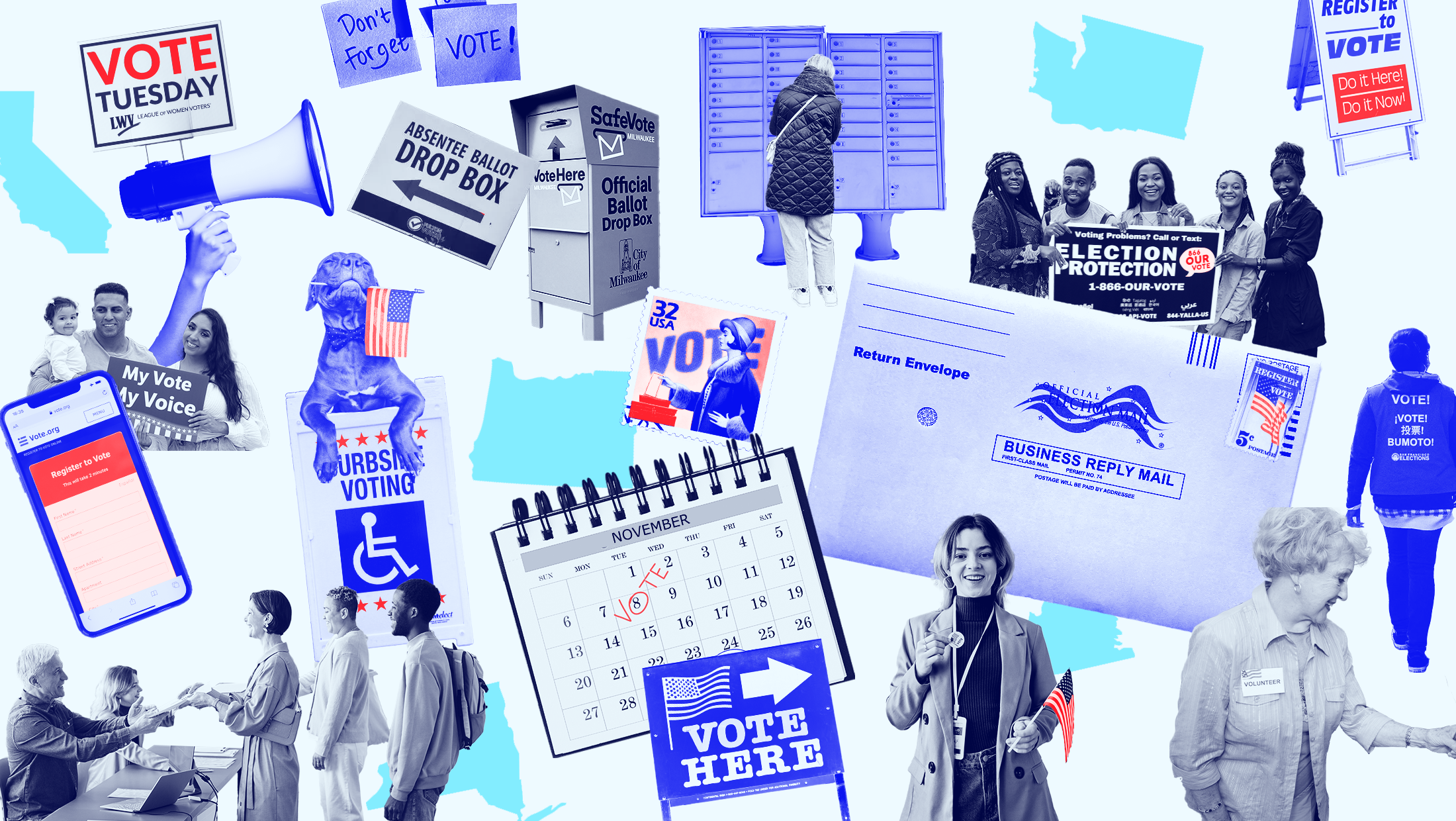
In many states, Republicans are restricting ballot measures in response to efforts that have enacted policies — like codifying abortion rights and expanding public benefits — that Republicans don’t support.
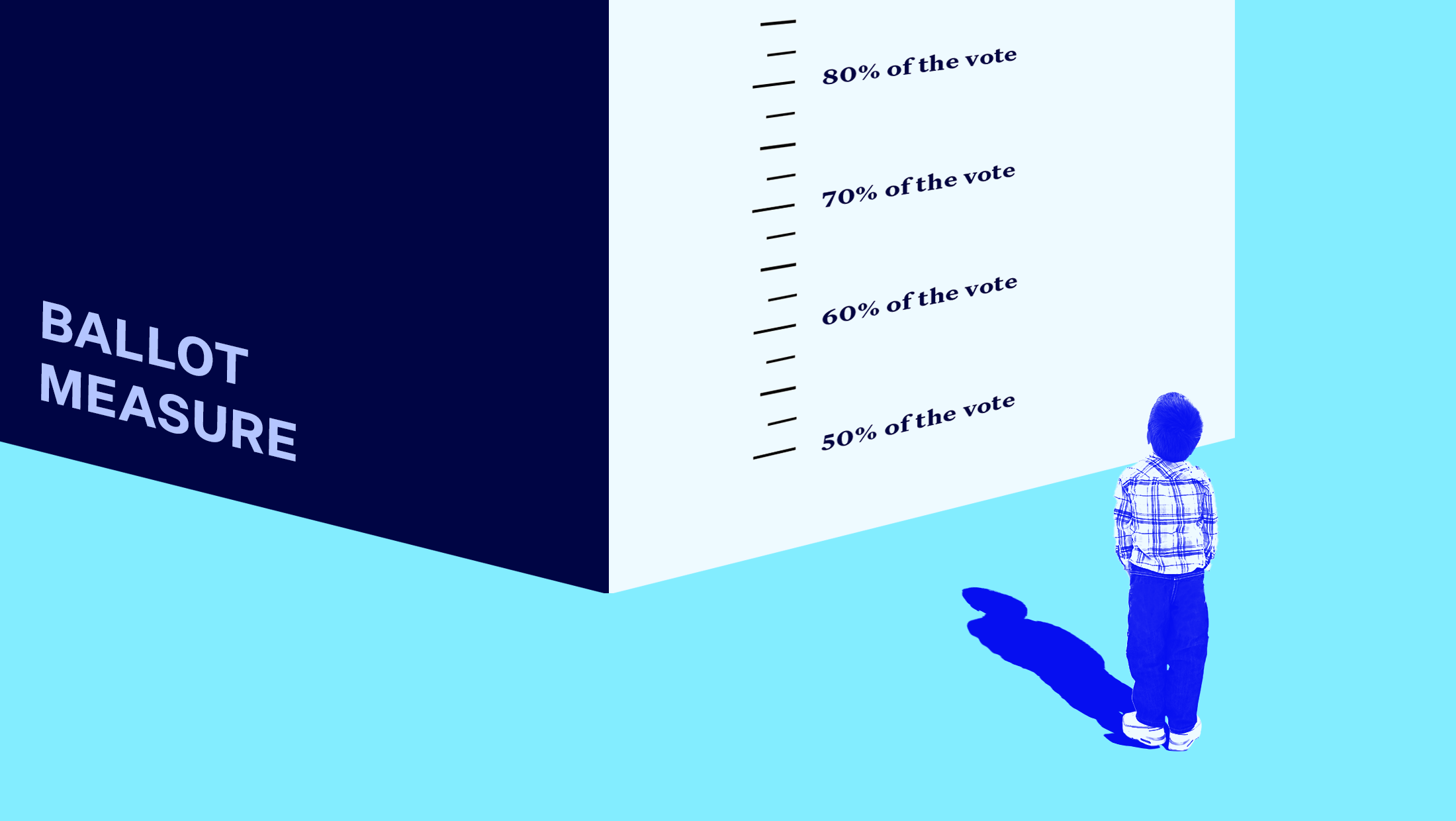
There is one voting policy area where proposed legislation has been overwhelmingly positive: improving felony disenfranchisement laws. As of Feb. 20, at least 68 bills have been introduced in 19 states to restore voting rights.
